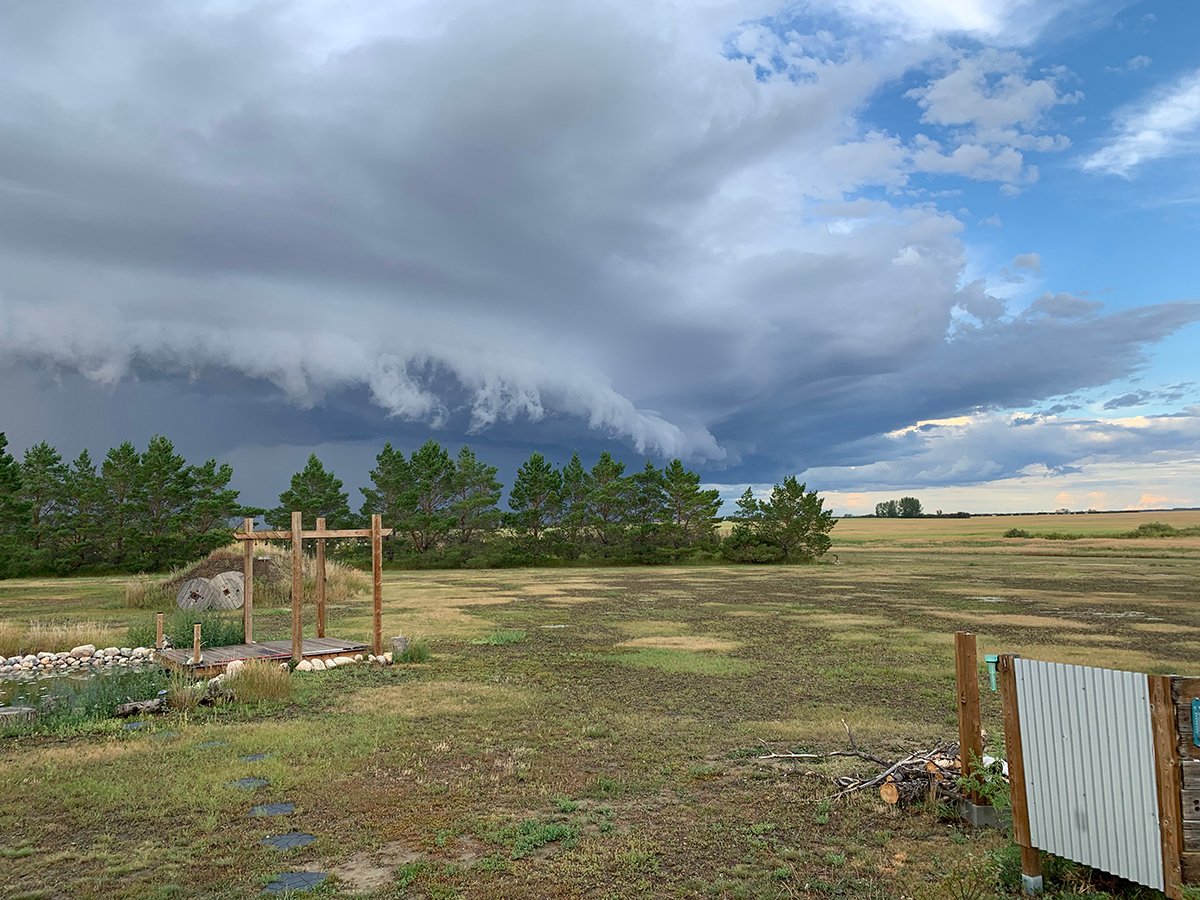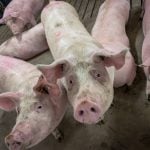Beef Cattle Symposium | Today’s consumers tend to view all human-animal interactions the same way they view pet ownership
SASKATOON — Is it right to produce animals for meat?
That is the question the Canadian livestock industry must avoid if it expects to continue production, says a communications expert.
“My warning to you is this: avoid inclusion of special interest or NGOs (non-government organizations) that have moralized the issue and made it an issue of right or wrong, whether using an animal for human benefit is right or wrong, because you will not be able to solve that,” said Wes Jamison.
The Palm Beach Atlantic University professor told the June 6 International Symposium on Beef Cattle Welfare in Saskatoon that the animal welfare debate has become moralized in the United States, making it difficult to combat. Canadian concerns haven’t progressed to the same extent so the industry here retains the option to defend meat production.
Read Also

Storm dynamics and extreme rainfall
Besides moisture, instability and orographic lift, the next biggest factor that contributes to heavy or extreme rainfall is storm dynamics.
Jamison said cattle ranchers don’t often discuss the moral aspects of meat production and consumption, but they should.
“We grow better animals, faster, healthier. No one’s ever asked us to defend ourselves morally, so I don’t think they’re even used to the idea,” he said in an interview.
“So either they get used to the idea of defending the morality of animal production or they lose. The other side is clearly driving the message.”
In his speech, Jamison attributed changed attitudes toward animal production to five things:
- Urbanization — Most people interact with animals as pets and mediate their understanding of animal treatment through pet ownership, said Jamison.
- Pluralism — In today’s society, all perspectives are treated as legitimate, including views that criticize farming practices.
- Worldview collapse — A common way of viewing animals has disappeared, said Jamison.
- Reduced confidence in science — Jamison said the view that science would find solutions, a common theme in the 1940s, 1950s and 1960s, has collapsed because of wars, ecological issues and complexity.
- Disintegration of double standard — In the past, people commonly viewed animal production as acceptable and saw animals as tools to be used for human benefit.
Jamison said people no longer accept that farmers should treat food animals differently from pets.
“I would argue that modern agriculture cannot exist if this trend continues, if consumers … view animals through a frame of reference as companions or companion animals,” he said.
“You can’t have commercial agriculture within those parameters.”
Jamison said farmers first have to know what they believe and then achieve consensus on best animal production practices.
They should determine the non-negotiable aspects of production and change the rest.
After that, it’s a matter of communicating it in an astute manner.
“I would argue, and this is very controversial, that you need to get away from selling the story of the farmers and sell the story of the animals and how the farmers are best positioned to take care of the animals,” he said.















